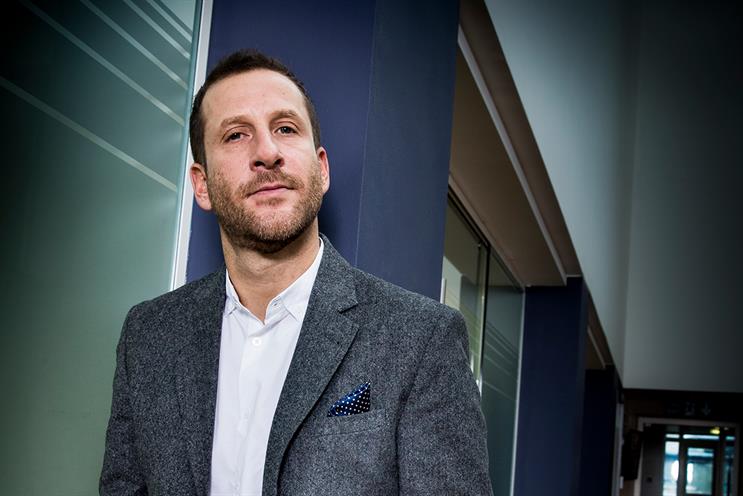Mental-health problems are not rare. Nor are they exclusive to any one "type" of person. Around one in four people in the UK , according to a survey cited by mental-health charity Mind.
Problems can manifest themselves in – and are not always easy to spot or diagnose. The signs aren’t always obvious and that alone presents a challenge, especially within the professional environment.
As a society, we spend a huge portion of our lives at work. And when we’re there, we often present an image of ourselves, keen to show the skills, talent and personality that we believe will further our careers.
It often feels as if the most valued team members are those with "tough skins" who seem able to brush aside stress. "Sink or swim", "fight or flight"… these are all phrases that help no-one and simply fuel the notion that we must be robots to be successful.
Mind’s recent revealed that 48% of people had experienced poor mental health in their current workplace and rates of anxiety and depression among UK employees have risen by nearly a third since 2013.
As business leaders, we have, by and large, failed to address this. More than 300,000 people with mental-health issues lose their jobs each year in the UK. And mental-health issues cost our economy more than £35bn a year.
Yet, of UK businesses have any form of mental-health support or programme in place.
We’ve failed, so we must change
As a business community, there is no doubt that great strides have been made in recent years. The focus has been on opening up the conversation around mental health. For a long time, no-one even talked about this issue, let alone acted to address it.
In 2018, we have charities and employee groups dedicated to the cause and there are fantastic initiatives, such as Mental Health Awareness Week, Time to Talk Day, Children's Mental Health Week and World Mental Health Day, designed to put mental health at the top of the agenda.
I believe they do a huge amount of good – for businesses and for those suffering. They encourage conversation, provide support and try to enact change.
But they're just one part of the solution. We can and should be doing more.
Mental-health allies
It was with this in mind that we at MediaCom took action. At an inclusion event we hosted in 2017, an audience comment about mental health evolved into something we think should be universal.
Our head of diversity and inclusion, Nancy Lengthorn, grew that seed into a commitment to work with Mental Health Awareness Week to launch our Mental Health Allies scheme.
This initially saw 40 of the MediaCom team educated about all aspects of mental health: what it is, what it involves and how to approach people we are concerned about. We also designed a programme of support tailored to our agency, talking through every possible scenario and deciding how we’d support each other.
It has been overwhelmingly successful. Our Allies are here to listen, signpost and keep people safe. They are not there to fix, advise or take over. Allies are there to give others an outlet to be heard, without judgement or pressure.
If needed, our Allies tell people about support services we have access to, such as professional help. Or they may recommend a book, mindfulness course or conversation with someone in the building who can help with a work issue.
This isn’t a nice-to-have. It has changed our business and changed all our lives. For that reason, we have just trained another 120 people including all senior management.
Make a difference – launch your own Mental Health Allies scheme
Most recently, we’ve teamed up with men's support network The Book of Man and launched a campaign to share our experience and challenge other organisations – within and outside the media industry – to embark on the same journey.
We believe that if we can encourage other businesses to create something similar, this kind of scheme could improve the support mechanisms around mental health.
It’s not enough to donate to charities or take part in events. We need to create and maintain a sustained, consistent culture where mental health is fully supported. It is the responsibility of every single manager, executive, chief executive or otherwise to address this issue head-on.
By encouraging our staff to be authentic at MediaCom, we’ve found a great way to help and we want to share it.
Josh Krichefski is chief executive of MediaCom UK
To find out more about mental health in business and how to establish a Mental Health Allies scheme, visit


